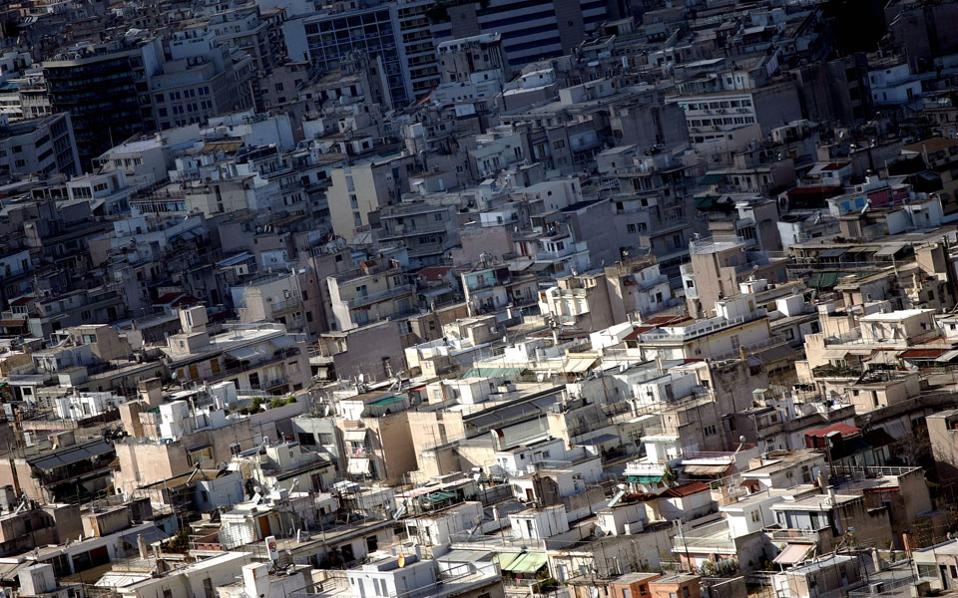Coalition concerned by home repossesions ahead of SYRIZA congress

The coalition is searching for a way to prevent primary residences from being seized to pay off debts to the state, as confiscations have resumed following a hiatus, just before the start of SYRIZA’s party congress on Thursday.
Government spokeswoman Olga Gerovassili insisted Wednesday that no primary homes would be repossessed by the state if homeowners owed taxes or social security contributions.
However, properties are not protected from the state in the same way that they are safeguarded from foreclosure by banks. Legislation passed last year prevents banks from repossessing homes with a taxable value of up to 180,000 euros, increasing by 20,000 for each child in the household. Government officials have suggested over the past few days that a similar scheme could be adopted to prevent families losing their main home if debts to the state pile up.
In fact, the current government promised last December to introduce such a scheme but has failed to move forward with its plans. The issue has come back to the fore because of a resumption in repossessions by the state following a lengthy strike by lawyers, which had halted the process.
General Secretary for Public Revenues Giorgos Pitsilis told Skai TV Wednesday that there are only a few such cases and they involve six- or seven-figure sums owed to the state. However, last week there were clashes in Thessaloniki between the police and activists who were trying to stop home repossessions.
This has made the government uneasy ahead of SYRIZA’s congress as the leftist party had promised to end confiscations of homes when it was in opposition.
However, there are concerns that an attempt to halt repossession by the state entirely could lead to debtors not having any reason to pay their taxes or social security contributions.
A Finance Ministry official gave Kathimerini the example of a taxpayer who earns 1,000 euros a month and has a property valued at 90,000 euros by the tax office: The state would not be able to confiscate any of his/her salary as it is below the legal threshold and the property would also be protected.





